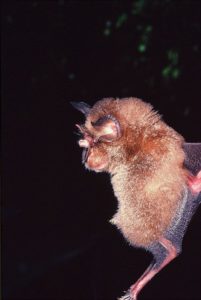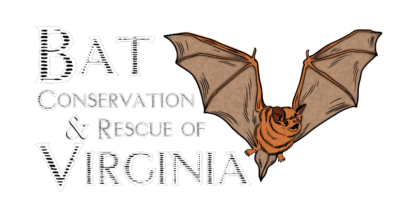
We want to thank Blogger Rachael on her 51st blog post this year! She's featured almost 30 species. Thank you Rachael. We're looking forward to what you discover in 2019!
Hi everyone! I hope you all had a very Merry Christmas and are enjoying your winter holidays. I am enjoying my school vacation very much. Since this is my last blog post of the year, I thought it would be nice to look back at all that happened this year.
It’s been a rather long year that began with the Winter Olympics in Pyeong Chang, South Korea and is ending with a tsunami and volcanic eruptions in Indonesia. In between, there were hurricanes, wild fires, earthquakes, and more volcanic eruptions. It sounds like a bad year, but there were also some good things that happened. Over the summer, 12 members of a youth soccer team and their coach were rescued from an underground cave in Thailand. Not only did we have the Winter Olympics this year, but we also came together for the World Cup in July. And, in what is possibly the cutest news story of the year, an adult male koala needed to be rescued for the third time in his life when he got his head stuck in a fence in South Australia.
And now, since the people of Indonesia are having such a difficult time, I thought I’d research another Indonesian bat. I found an adorable leaf nosed bat called the Arcuate horseshoe bat. They were discovered by Wilhelm Peters in 1871. He gave them the name "arcuatus" which is Latin for "curved". Peters never said why he decided to name these bats curved, but some scientists believe that it is due to the curve of their nose. These adorable furry critters live in Southeast Asia, Malaysia, the Philippines, Indonesia, and in Papua New Guinea in Oceania. They like to roost in limestone caves during the day and eat tasty insects at night. If you want to read about these cute little bats, you can find some information here.
